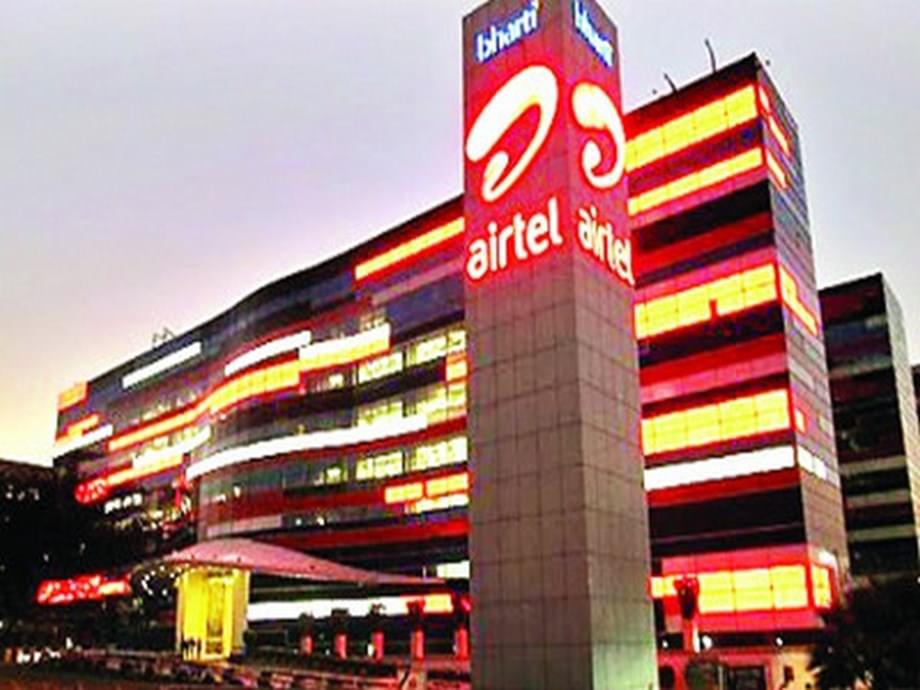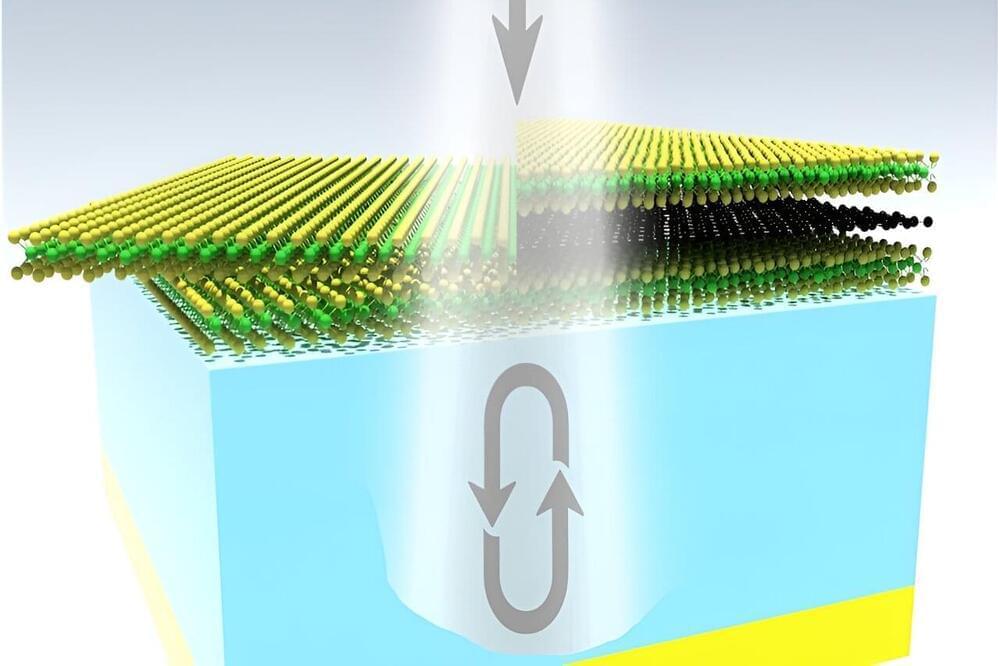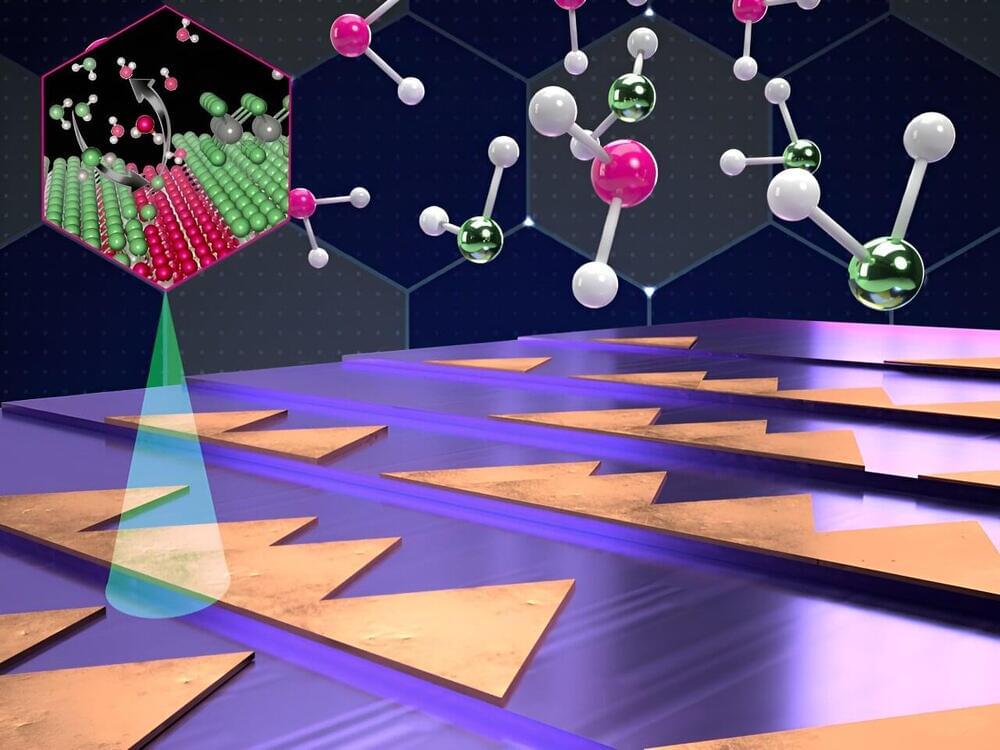Arnav Kapur, from MIT, has developed a device called AlterEgo, which allows him to surf the internet and perform tasks like ordering pizza using his mind. By internally vocalizing commands or questions, the device intercepts the electrical signals that would normally go to the vocal cords and sends them to a computer, which then communicates the information to Kapur’s inner ear through vibrations. Video: @60 Minutes #technology #futuretech #inspiration







